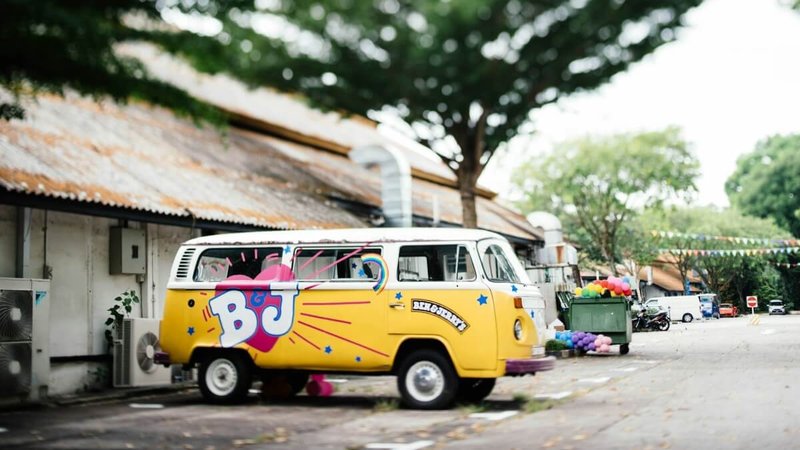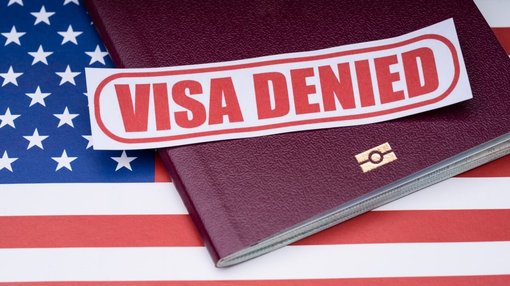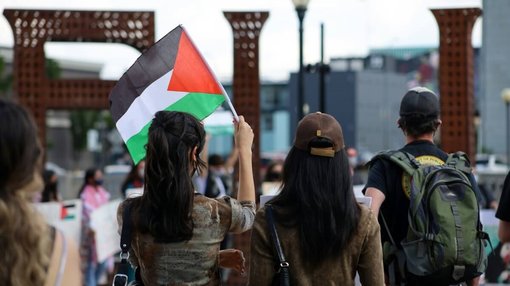Ben & Jerry’s Supports Pro-Palestine Student Protests, Calls Them “Essential” to Democracy
United States North America Higher Education News by Erudera News May 14, 2024

The board of Ben & Jerry’s ice cream has supported protests by pro-Palestinian students that have popped up at many college campuses in the United States, saying the student movement is “essential” to democracy.
“Lunch counter sit-ins, student-led protests against the Vietnam War and Apartheid South Africa, and now the campus protests in solidarity with Gaza, all are part of our rich history of free speech and non-violent protest that makes change and is essential to a strong democracy,” the board said in a statement.
The ice cream maker Ben and Jerry’s, owned by Unilever, called for an immediate and permanent ceasefire in Gaza earlier in January, reiterating the firm stands for peace, Erudera.com reports.
Three years ago, the firm said it would stop selling its products in Israeli Occupied Palestinian Territory (OPT) because Israel's policy was inconsistent with Ben and Jerry’s values, while recalling its long-time efforts advocating for human rights.
“We reject and repudiate all forms of hate and racism. Our decision to exit the OPT was based on our belief that it is inconsistent with our values for Ben & Jerry’s to be present within an internationally recognised illegal occupation. Speaking and acting on our values is neither anti-Israel nor antisemitic,” Ben and Jerry’s said.
The company stated that was not a rejection of Israel, but rather a rejection of Israel’s policies, which continue the illegal occupation, preventing peace and violating the fundamental human rights of people in Palestine.
Ben and Jerry’s founders are Ben Cohen and Jerry Greenfield, two Jewish people who started the company in 1978. Unilever took ownership of the brand in 2000.
Many companies condemned Israel’s war on Gaza on October 7; however, since then, few have spoken out on the situation. Student revolt over the Israel-Hamas war began on the morning of April 17 at Columbia University.
Pro-Palestine students set up encampments on campus, calling for the university to divest from Israeli companies that, according to them, are profiting from the war in Gaza.
The next day, on April 18, after being called from the university to empty the encampment, police arrested more than 100 protesters.
Another 119 people were arrested on May 1 after occupying the Hamilton Hall. The Ivy League school was also the site of student demonstrations over the Vietnam War five decades ago.
After Columbia, student protests against Gaza war spread across other college campuses in the United States and globally, including universities in France, the Netherlands, Canada, Australia, and others.
A total of 35,173 people have been killed and 79,061 injured since Israel declared war on Hamas on October 7, 2023.
© CHUTTERSNAP | Unsplash
Recent Articles
United States
Jun 07, 2024
Italy
Jun 06, 2024
United States
Jun 05, 2024
Palestine
Jun 05, 2024
United States
Jun 04, 2024


